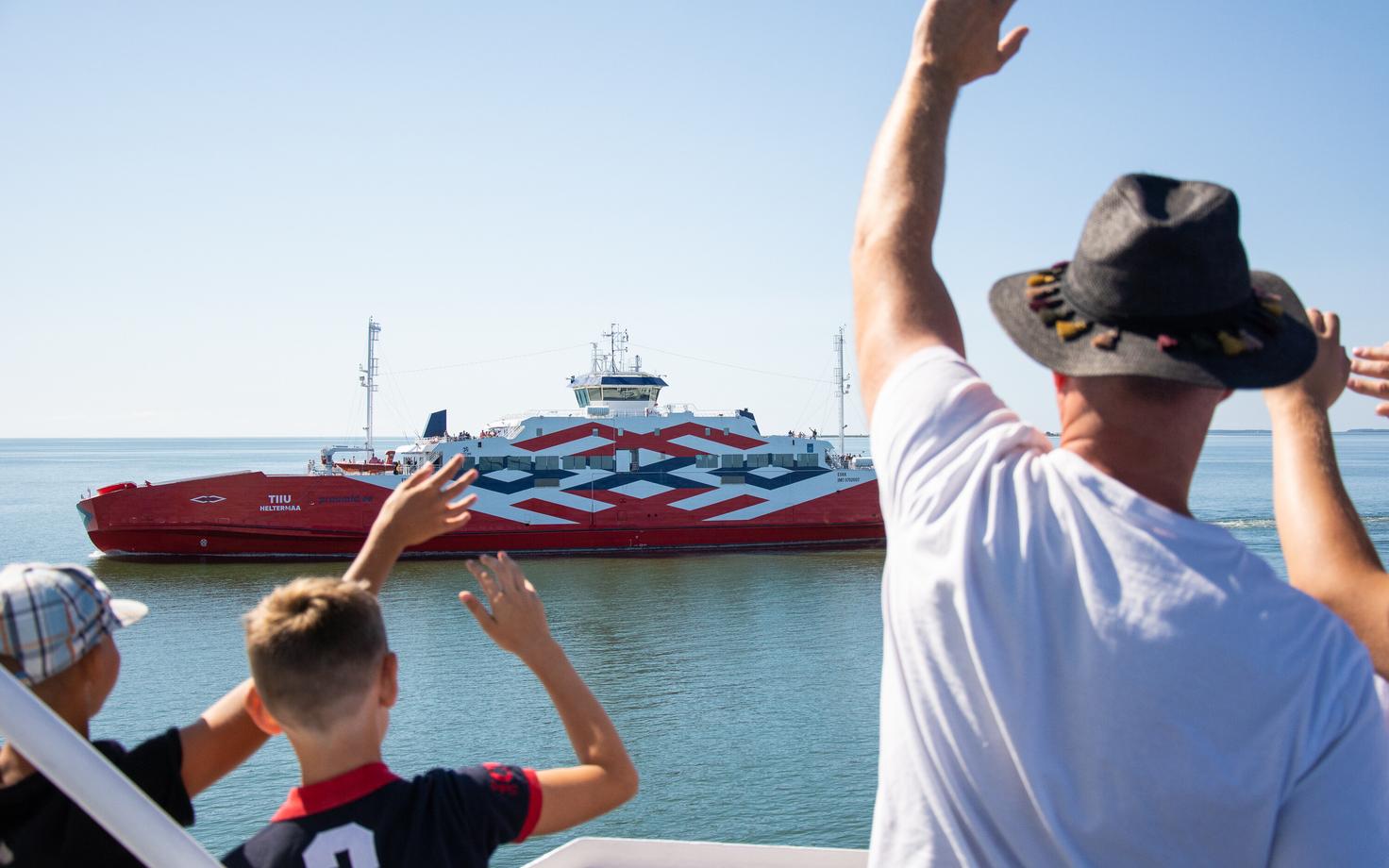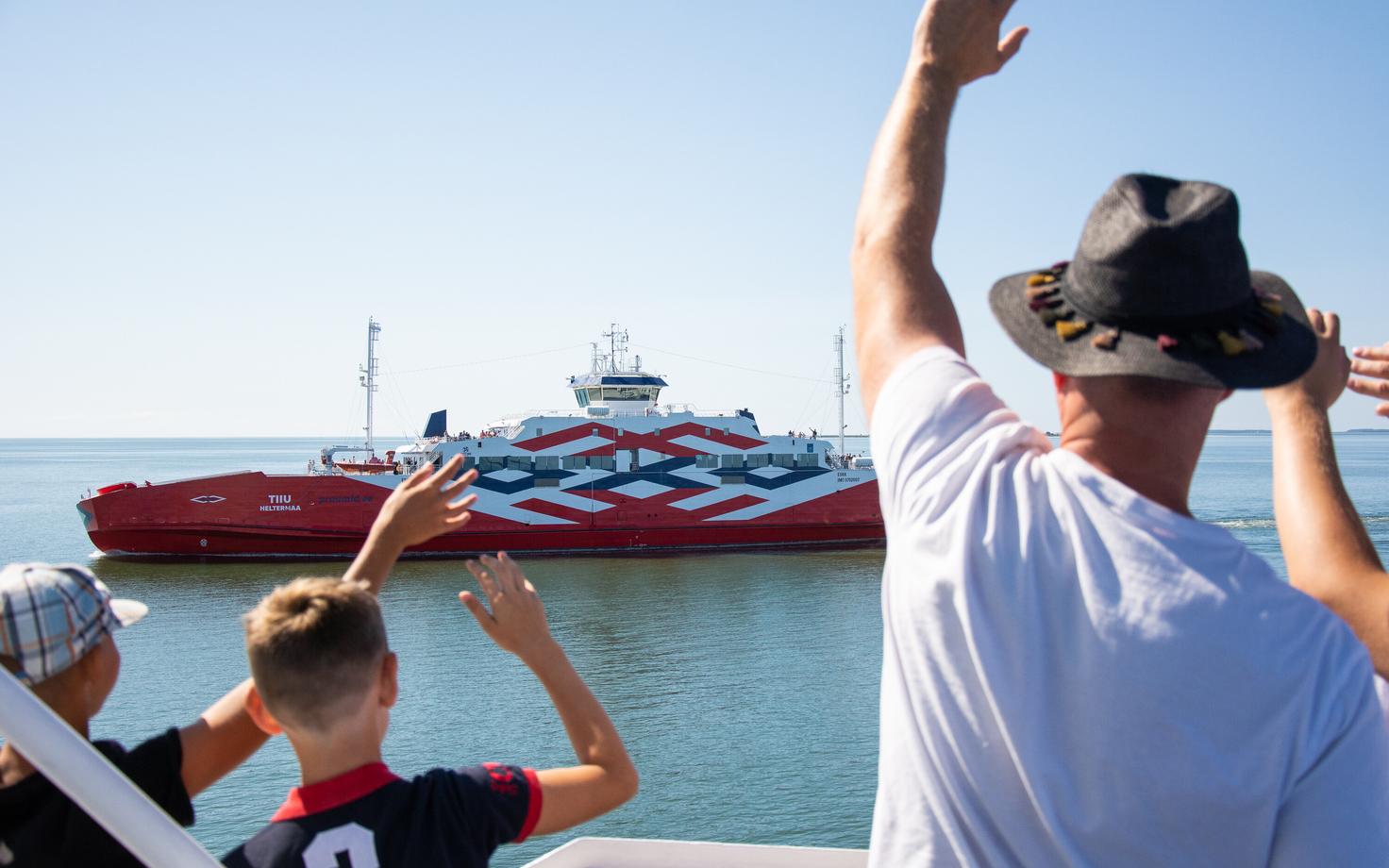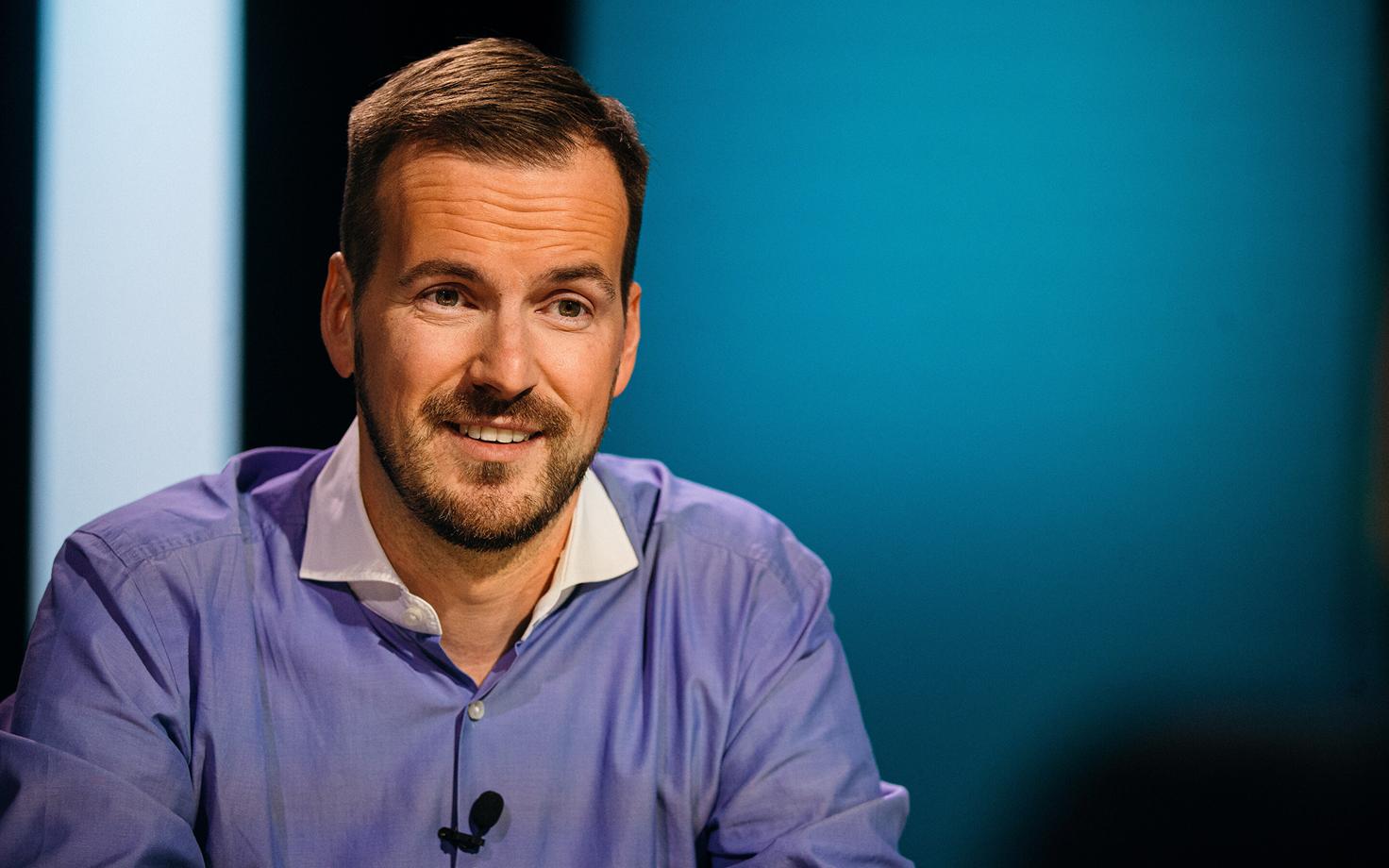stream.aljazeera.com
What does the future hold for non-citizens?
Share

More from SocietyMore posts in Society »
- Minister scraps plan to expand islanders’ ferry fare discount
- Minister scraps predecessor’s plan to expand islanders’ ferry fare discount
- Riigikogu rejects opposition’s VAT on food reduction proposals
- Tallinn ruling coalition awards city’s highest honor to major political donor
- LHV Pank profits fall 28 percent on year to Q1 2025







The Stream will look at challenges faced by ethnic Russian ‘non-citizens’ living in two Baltic states, amid continuing political tensions with Russia.
The presidents of EU and Nato member countries Latvia, Estonia and Lithuania are due to meet US President Donald Trump at the White House on April 3 , and alleged Russian meddling in Baltic political affairs will be high on the agenda. That’s as Latvia and Estonia continue to wrestle with how best to integrate ethnic Russians into domestic society.
Latvia, Estonia and Lithuania share a tumultuous history – they experienced decades of Soviet rule before declaring independence in 1990-91. While Lithuania granted automatic citizenship to all residents following independence, Estonia and Latvia mandated that ethnic Russians who moved to the states during Soviet occupation take national history and language tests in order to be naturalised. Many ethnic Russians who lived in the Baltic states during the Soviet era feel alienated by the requirements, saying the states should not automatically preclude them from citizenship.
About 12 percent of Latvian residents and about six percent of Estonian residents are non-citizens, the vast majority of them ethnic Russians. They cannot vote in national elections, run for office, nor work in particular sectors such as the civil service. Many private sector jobs require fluency in Estonian or Latvian, reducing further job opportunities for non-citizens.
The Estonian and Latvian governments say they are trying their best to fully integrate ethnic Russians into society, and point to amendments that have relaxed the requirements to attain citizenship. Yet a divide between ethnic Latvians/Estonians and ethnic Russians persists. Tallinn and Riga have expressed fears Russian speakers are susceptible to disinformation and propaganda disseminated by Russian-language television, particularly at a time when Nato troops are deployed in the Baltic region as a bulwark against Russia.
We’ll examine the experiences of non-citizens in these two Baltic countries, and the efforts being made to bridge the divide.